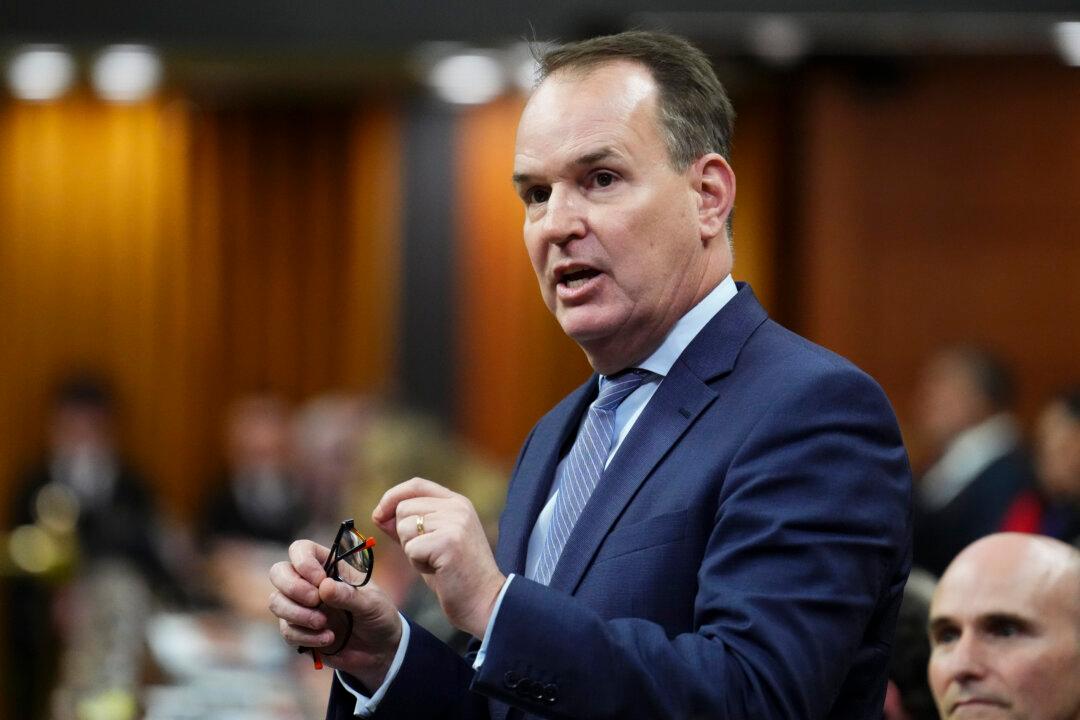Federal mediators are standing by and ready to help hammer out a deal in order to avoid a labour disruption at ports across British Columbia, says Canada’s labour minister.
Steven MacKinnon issued a statement on social media on Saturday evening saying he spoke with the BC Maritime Employers Association and the union representing more than 700 foremen on negotiations for their new collective agreement.





